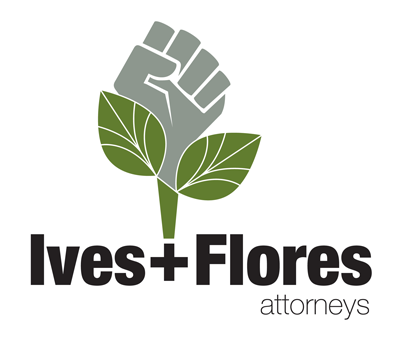Earlier this year, a prison in New Mexico made the news because of a lawsuit filed by an inmate. The lawsuit alleges the inmate suffered horrifying levels of abuse at the hands of guards. Prisoners are guaranteed rights – just like everyone else – by the Eight Amendment, and their incarceration should be free from “cruel and unusual punishment.” This begs the question:
How do prison guards dehumanize prisoners?
There’s a famous experiment – the Stanford Prisoner Experiment – that shows how people act when power structures such as a prison are enforced on college students. The results are chilling, with abuses by the Prison Guard group visiting the Prisoner group, and the pattern repeated with the roles reversed. For years, this study has been a key player in how we look at human behavior.
And it was wrong. The results were thrown off by a significant type of bias from the students in the “guard position.” The subjects made the choices they made because they believed the doctor wanted a specific outcome.
The influence of authority
When it comes down to it, the dehumanizing actions of someone don’t happen in a vacuum. There’s a great internal incentive to provide authority figures with the outcomes that they want. Guards – and nearly everyone else – follow the lead of the people in charge. If those people tend to treat those below them as less than human, subordinates tend to follow suit. Whether that trend is intentional or not is beside the point.
Violations of civil rights are a systemic issue.
Civil rights violations do not ever happen in a vacuum. There are always external social and societal pressures conflicting over these specific rights. Every “hot button issue” comes with two sides and lots of support. Only those sides and that support is often a media illusion.
Leaders and people in authority in the prison system have a duty to protect the rights of those in their care. They must ensure that the people trusted to guard them and treat them with the dignity their civil rights demand. Incarceration is a punishment for a crime. But no punishment strips a person of their rights.
